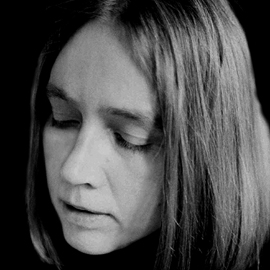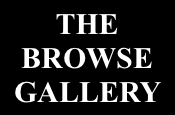
Aldona Gustas (2.3.1932 - 8.12.2022) was a Lithuanian-born German writer and a formative figure in the independent West Berlin art and cultural scene in the post-war period.
In the late 1950s and 1960s, Aldona Gustas became friends with artistic personalities such as Günter Grass, Günter Bruno Fuchs and Robert Wolfgang Schnell. These contacts and her own interest in combining literature and painting led her to found the Berlin Painting Poets in 1972. For the group of 14 painting writers and writing painters, she curated exhibitions and edited anthologies. Through her, the Berliner Malerpoeten also became internationally known.
Aldona Gustas also provided the opportunity to link an exhibition of Berliner Malerpoeten and six contemporary (female) Lithuanian artists in a common show entitled Oxymora, as part of Lithuania’s Presentation as Guest of Honor at the 2017 Leipzig Book Fair. Some of her poem books show graphic illustrations accompanying the poetic works.
Female identity, eroticism and sensuality represent central themes in the lyrical and pictorial works by Aldona Gustas, which she has also combined in numerous publications. According to Olav Münzberg, spontaneity, brevity and simplicity are her basic constructive principles – in both her literary and visual works. Many of her speech-images are populated with paradoxes. As androgynous figures with the curves of their bodies transformed into fish or birds.
In 2017 her most recent volume of poems Zeit zeitigt was published by Corvinus Presse in an exclusive manual print-run. Currently an exhibition with 30 drawings, Aldona Gustas und die MUNDFRAUEN (Women’s Voices) - is travelling through museums and libraries in Lithuania for 2 years, organized by Browse Gallery and funded by Goethe-Institute Lithuania.

 Deutsch
Deutsch  English
English